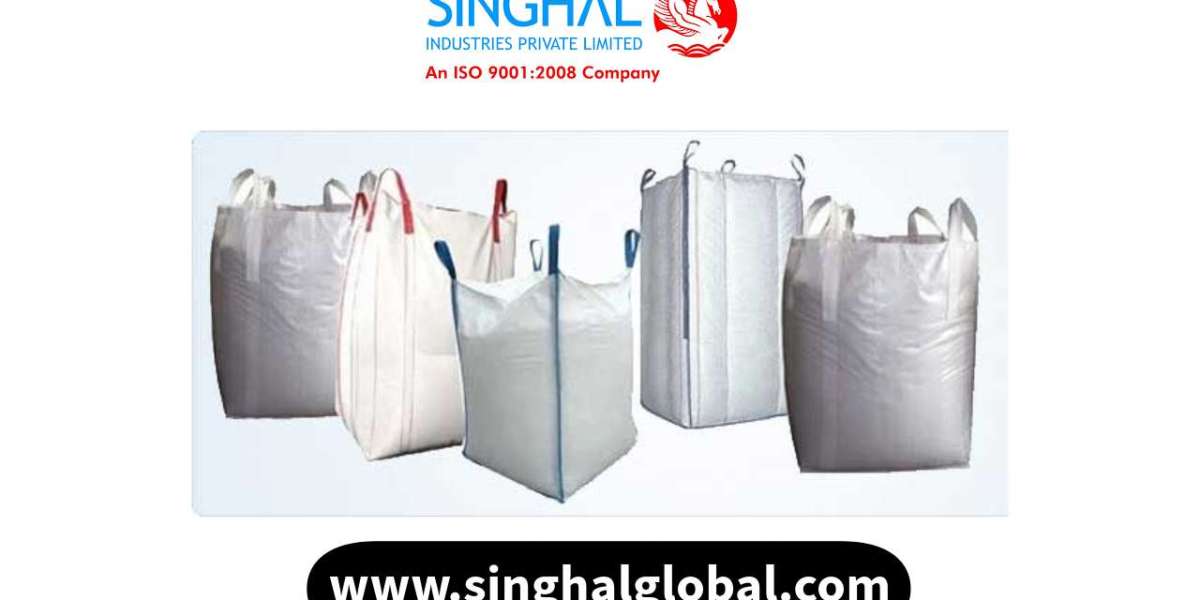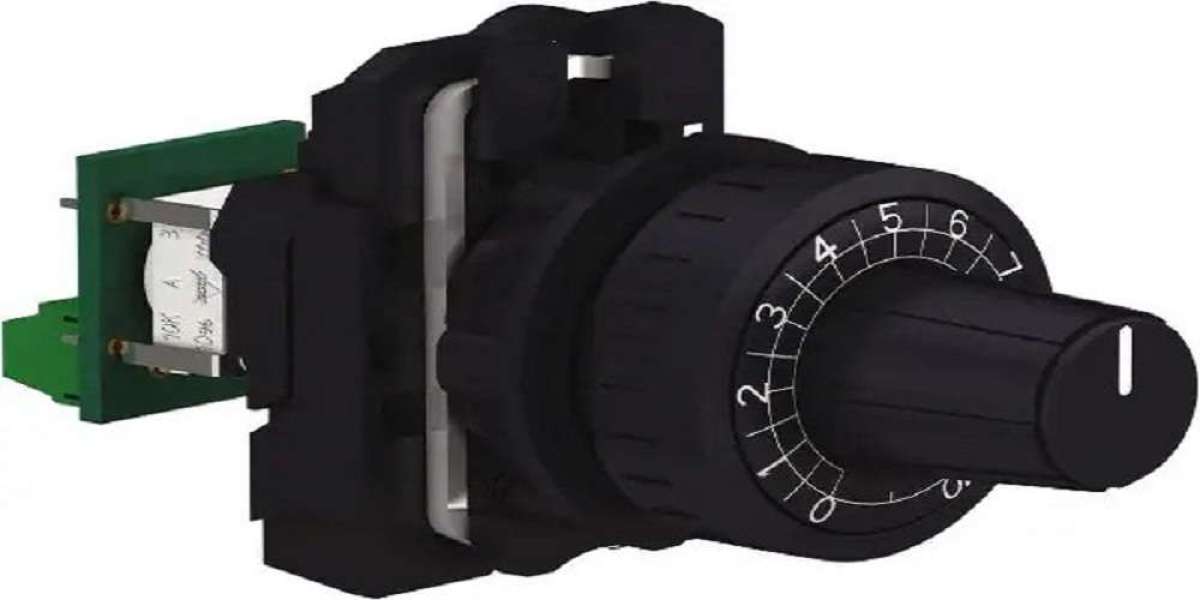FIBC (Flexible Intermediate Bulk Container) bulk bags, also known as jumbo bags, big bags, or super sacks, are a cost-effective and efficient packaging solution for transporting and storing dry, flowable products such as grains, chemicals, cement, and minerals FIBC bulk bag manufacturers in Gujarat. These bags are designed to handle large quantities of materials while ensuring safe and efficient storage and transportation.
Benefits of Using FIBC Bulk Bags
FIBC bulk bags offer numerous benefits over traditional packaging solutions. Some of the key advantages include:
1. Cost-Effective and Space-Saving
FIBC bulk bags are lightweight and require less storage space compared to rigid containers. They can be folded and stored compactly when not in use, reducing logistics costs.
2. High Load Capacity
Despite their lightweight nature, FIBC bulk bags can carry heavy loads, typically ranging from 500 kg to 2000 kg, making them an ideal solution for industrial applications.
3. Enhanced Safety and Durability
Manufactured from high-quality polypropylene, these bags are resistant to wear and tear, ensuring the safety of stored materials. Their sturdy construction also prevents leakage and contamination.
4. Customizable Options
FIBC bulk bags come in various designs, including U-panel, circular, and baffle bags, which can be customized with spouts, liners, and coatings to suit specific industrial requirements.
5. Eco-Friendly and Reusable
These bulk bags are recyclable and can be reused multiple times with proper handling, reducing environmental impact and waste.
Types of FIBC Bulk Bags
FIBC bulk bags are classified based on their structure, material properties, and application. Here are some of the common types:
1. Type A FIBC Bags
These are standard polypropylene bags without any electrical resistance properties. They are suitable for non-flammable products but should not be used in flammable or explosive environments.
2. Type B FIBC Bags
Similar to Type A bags, Type B FIBC bags have a lower breakdown voltage, reducing the risk of propagating brush discharges. However, they are not considered fully anti-static.
3. Type C FIBC Bags (Conductive Bags)
Designed with interwoven conductive threads, Type C bags must be grounded during filling and discharge to prevent electrostatic hazards, making them ideal for environments with flammable materials.
4. Type D FIBC Bags (Anti-Static Bags)
These bags are designed with special static dissipative fabric that neutralizes electrical charges, eliminating the need for grounding.
5. Food-Grade FIBC Bags
Manufactured in a cleanroom environment, food-grade bulk bags comply with stringent hygiene standards and are used for packaging food products, pharmaceuticals, and other sensitive materials.
Industries That Use FIBC Bulk Bags
FIBC bulk bags serve a wide range of industries due to their versatility. Some of the primary industries that benefit from these bags include:
Agriculture: Used for storing and transporting grains, seeds, and animal feed.
Construction: Ideal for carrying sand, gravel, and cement.
Chemical Industry: Used for transporting and storing powdered chemicals and fertilizers.
Food Industry: Ensures safe packaging of food ingredients and other consumables.
Mining: Utilized for transporting ores and minerals.
Pharmaceutical Industry: Designed for packaging raw pharmaceutical ingredients with hygiene compliance.
How to Choose the Right FIBC Bulk Bag
Selecting the right FIBC bulk bag depends on multiple factors, including:
1. Load Capacity Requirements
Determine the weight capacity you need for your application. Standard FIBC bags can hold between 500 kg to 2000 kg.
2. Material Compatibility
Choose a bag type that is suitable for your product, whether it requires anti-static properties, food-grade compliance, or chemical resistance.
3. Handling and Discharge Features
Consider whether you need lifting loops, discharge spouts, or liners based on your handling and storage requirements.
4. Regulatory Compliance
Ensure that the FIBC bulk bag complies with industry standards and safety regulations to maintain product integrity and worker safety FIBC bulk bag manufacturers in Gujarat.
Proper Handling and Storage of FIBC Bulk Bags
To maximize the lifespan and efficiency of FIBC bulk bags, follow these best practices:
1. Proper Filling Techniques
Use a stable and level surface to fill the bag evenly.
Avoid overfilling beyond the specified weight capacity.
2. Safe Lifting and Transport
Use forklifts or cranes with proper lifting attachments.
Avoid dragging the bag on rough surfaces to prevent damage.
3. Proper Storage Conditions
Store bags in a dry, clean, and ventilated area.
Protect them from direct sunlight and moisture to prevent degradation.
4. Disposal and Recycling
Recycle used FIBC bulk bags through authorized facilities.
Follow environmental regulations for disposal if recycling is not an option.
Future Trends in FIBC Bulk Bag Manufacturing
With advancements in technology and sustainability efforts, the FIBC bulk bag industry is evolving. Some future trends include:
Innovative Materials: Development of biodegradable and eco-friendly polypropylene fabrics.
Smart Packaging: Integration of RFID tags for tracking and inventory management.
Enhanced Safety Standards: Improved anti-static and fire-resistant bag designs for hazardous environments.
Conclusion
FIBC bulk bags play a crucial role in modern industrial packaging by providing a cost-effective, durable, and versatile solution for transporting bulk materials. Their widespread use across industries like agriculture, chemicals, construction, and food production highlights their importance. Whether you require standard, food-grade, or conductive bags, selecting the right type based on material compatibility, handling requirements, and safety standards is essential.
If you are looking for FIBC bulk bag manufacturers in Ahmedabad, FIBC bulk bag manufacturers in India, or FIBC bulk bag manufacturers in Gujarat, it is essential to choose a reliable supplier that offers high-quality, durable, and certified bulk bags for your specific needs.
Frequently Asked Questions (FAQs)
1. What is the lifespan of an FIBC bulk bag?
The lifespan of an FIBC bulk bag depends on its usage and handling. Single-use bags should be discarded after one use, while multi-use bags can be reused multiple times if handled properly.
2. Can FIBC bulk bags be used for food storage?
Yes, food-grade FIBC bulk bags are manufactured under strict hygiene conditions to ensure they are safe for storing food products and pharmaceuticals.
3. Are FIBC bulk bags waterproof?
Standard FIBC bulk bags are not waterproof. However, they can be customized with inner liners or laminated coatings to provide moisture resistance for specific applications.



